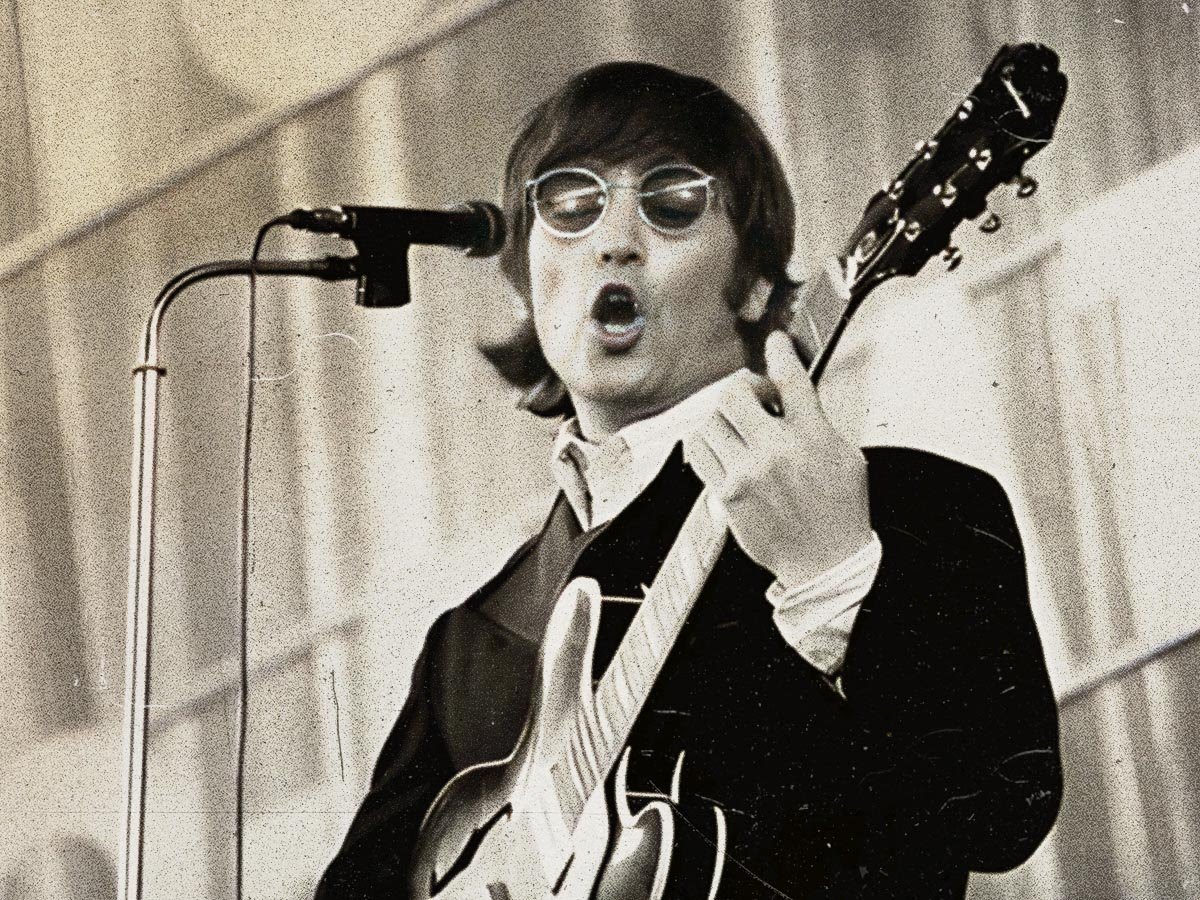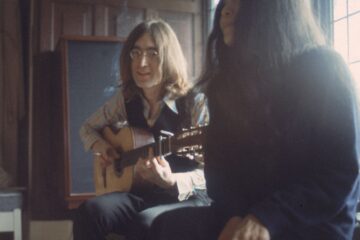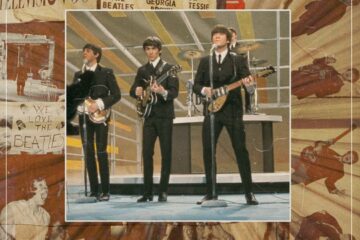There was a noticeable shift in the way John Lennon was writing songs by the end of 1964. Prior to that time, Lennon had a knack for writing incredibly catchy and memorable, if somewhat anonymous, pop songs. Lennon was a gifted wordsmith and melody writer, but he rarely, if ever, wrote songs about his own life and his personal feelings. Hits like ‘I Want to Hold Your Hand’ and ‘A Hard Day’s Night’ were beloved classics, but they had little to do with Lennon the human being outside of The Beatles.
A variety of factors changed the way Lennon wrote. For one, meeting Bob Dylan in the summer of 1964 gave Lennon an appreciation for folk music and more poetic songwriting. The exhaustion he felt coming to grips with Beatlemania also started to creep into his writing, with more negative emotions coming to the fore. On Beatles For Sale, Lennon let his guard down and shared his struggles with the public for the first time.
Songs like ‘I’m a Loser’ and ‘I Don’t Want To Spoil The Party’ put a new version of John Lennon on display, one that wasn’t just the quick-witted pop singer that the public had adored. For the album’s opening track, Lennon tapped into feelings of jilted love and spurned advances on ‘No Reply’. For Lennon, it represented a major step forward in more thematic songwriting.
“That’s my song. Dick James, the publisher, said, ‘That’s the first complete song you’ve written where it resolves itself’. You know, with a complete story,” Lennon told David Sheff in 1980. “It was my version of ‘Silhouettes’: I had that image of walking down the street and seeing her silhouetted in the window and not answering the phone, although I never called a girl on the phone in my life. Because phones weren’t part of the English child’s life.”
“John sings this one, and I do the vocal harmony,” Paul McCartney explained to Disc Magazine in 1964. “We tried to give it different moods, starting off quietly with a sort of vaguely bossa nova tempo, building up to a straight beat crescendo in the middle, and then tailing off quietly again.”
The dynamic changes and folk rock instrumentation of ‘No Reply’ represented some major steps forward in The Beatles’ musical progression. Much of Beatles for Sale is downbeat and introspective, something that confounded the band’s teeny-bopper audience of the time. Although it is traditionally seen as a Lennon composition, McCartney claimed that he contributed to the final track.
“We wrote ‘No Reply’ together but from a strong original idea of his,” McCartney recalled in the book Many Years From Now. “I think he pretty much had that one, but as usual, if he didn’t have the third verse and the middle eight, then he’d play it to me pretty much formed, then we would shove a bit in the middle or I’d throw in an idea.”



